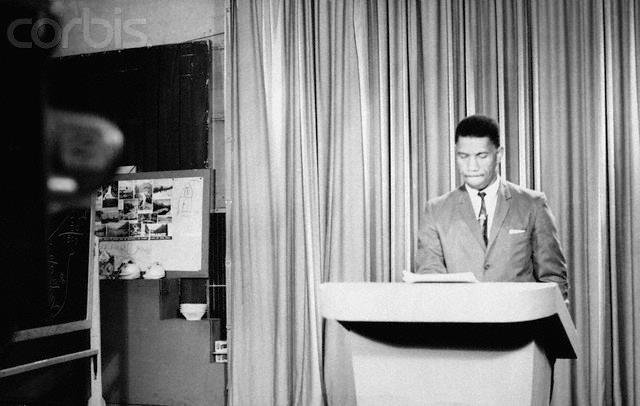Paraphrased from Allison Graham:
"Many communities were hesitant to engage in direct civil rights activism, stating, 'We ain’t doin’ civil rights,' as they feared violent consequences and economic repercussions"
Paraphrased from Allison Graham:
"Many communities were hesitant to engage in direct civil rights activism, stating, 'We ain’t doin’ civil rights,' as they feared violent consequences and economic repercussions"
Before Medgar Evers' movement started gaining momentum, the entire Civil Rights struggle in the South was characterized by the absense of organized systems and violence.
This climate of fear and inaction underlined his immense challenges in mobilizing communities to fight for justice and equality. His leadership tore through this hesitation, enacting unified action where none previously existed.
- Evers wrote in his NAACP report

In 1950s, Evers led such voter registration drives in Mississippi, working to enable Black citizens to exercise their right to vote in the face of overt suppression.
He emphasized that voting was not merely a right but an essential tool for achieving equality and holding leaders accountable. Through his efforts, Evers inspired communities to see the ballot box as a powerful weapon in the fight for civil rights.
Medgar Evers on May 20, 1963. (c) Corbis BE025522
When James Meredith became the first African American to enroll in the University of Mississippi in 1962, his admission to college was resisted fiercely by segregationists determined to see that the status quo was sustained through violent opposition.
Medgar Evers was instrumental, serving as an advisor to Meredith, providing both strategic support and steadfast encouragement during this historic fight. He worked alongside the NAACP to challenge the university’s discriminatory policies and played a key role in ensuring Meredith’s safety.

James Meredith with Medgar Evers.
“Mississippi must change, and we will be the agents of that change. James Meredith’s fight for education is not just about him; it is about the right of every child, every student, and every human being to access knowledge and opportunity. The road will not be easy, but it is our responsibility to stand firm, to resist hatred, and to ensure that those who come after us can walk this path freely.”
-Evers, report to Mrs. Ruby Hurley